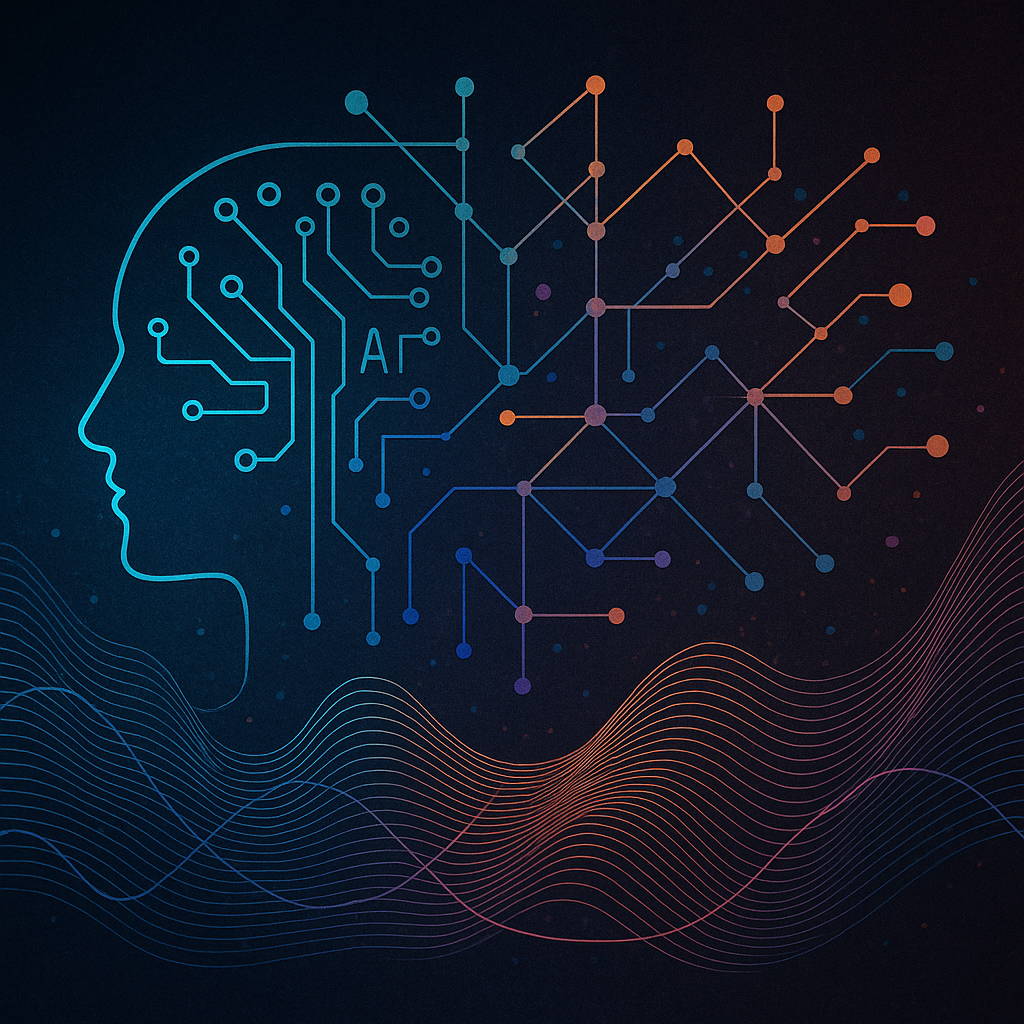When I first started with Power BI, I spent days trying to make sense of DAX, the formula language used to calculate and analyze data inside Power BI. I even joined a full-day training once, only to leave more confused than before. Getting one formula to work felt like winning the lottery – rare and mostly luck. Most of the time, I’d ask someone from IT for help, wait a few days, get a fix, and then forget half of it by the time I tried again. It was slow, frustrating, and I always felt dependent on others to move forward.
That changed the moment I started using generative AI tools.
Suddenly, I could ask why something didn’t work, not just copy a fix that a more experienced colleague or someone from an online forum came up with. I could try different versions of the same formula, see how each behaved, and actually understand the logic behind it. Instead of watching people like Alberto Ferrari on YouTube and trying to force their examples onto my own messy dataset, I could finally learn by doing. In my data at my pace.
What surprised me most was how quickly small insights added up. A few lines of explanation from ChatGPT often cleared up what hours of tutorials couldn’t. Over time, I stopped treating DAX as a collection of tricks to memorize and started to see the structure behind it.
AI didn’t make things easy. It just made them possible. It gave me the sense that, if I stayed curious long enough, I could figure almost anything out.
When Research Says the Opposite
Funny enough, that’s not what the studies say.
An MIT Media Lab paper (Kosmyna et al., 2025) found that people using AI for writing were actually less mentally engaged. Their memory recall dropped, and they felt less ownership of their work. Another study by Becker et al. (2025) found that even professional developers got slower when using AI tools – by almost 20%. So, if people think less and produce worse results with AI, why was I having the opposite experience?
The Difference Between Copying and Learning
I think it comes down to ownership.
Those studies gave people pre-defined tasks – write this essay, fix that code. In my case, I wasn’t completing someone else’s assignment. I was solving my own problems, things that mattered to me and my work. When I use ChatGPT for DAX, I’m not outsourcing my brain. Each time I test a formula, I understand a bit more about how Power BI “thinks.” The difference is that the feedback loop is instant. I don’t have to wait days for an answer.
Before, I often hesitated before starting something new: Do I even know enough to try this?
Now it’s more like: Let’s see what happens.
The biggest shift for me isn’t technical – it’s psychological.
Maybe that’s what the research doesn’t capture. For me, AI hasn’t made me think less. It’s made me more curious, more confident, and more willing to experiment.
References
Kosmyna, N., MIT Media Lab, Hauptmann, E., MIT, Yuan, Y. T., Wellesley College, Situ, J., MIT, Liao, X.-H., Mass. College of Art and Design (MassArt), Beresnitzky, A. V., MIT, Braunstein, I., MIT, Maes, P., & MIT Media Lab. (2025). Your Brain on ChatGPT: Accumulation of Cognitive Debt when Using an AI Assistant for Essay Writing Task. In MIT Media Lab. https://arxiv.org/pdf/2506.08872
Becker, J., Rush, N., Beth Barnes, David Rein, & Model Evaluation & Threat Research (METR). (2025). Measuring the Impact of Early-2025 AI on Experienced Open-Source Developer Productivity [Journal-article]. arXiv. https://arxiv.org/pdf/2507.09089


